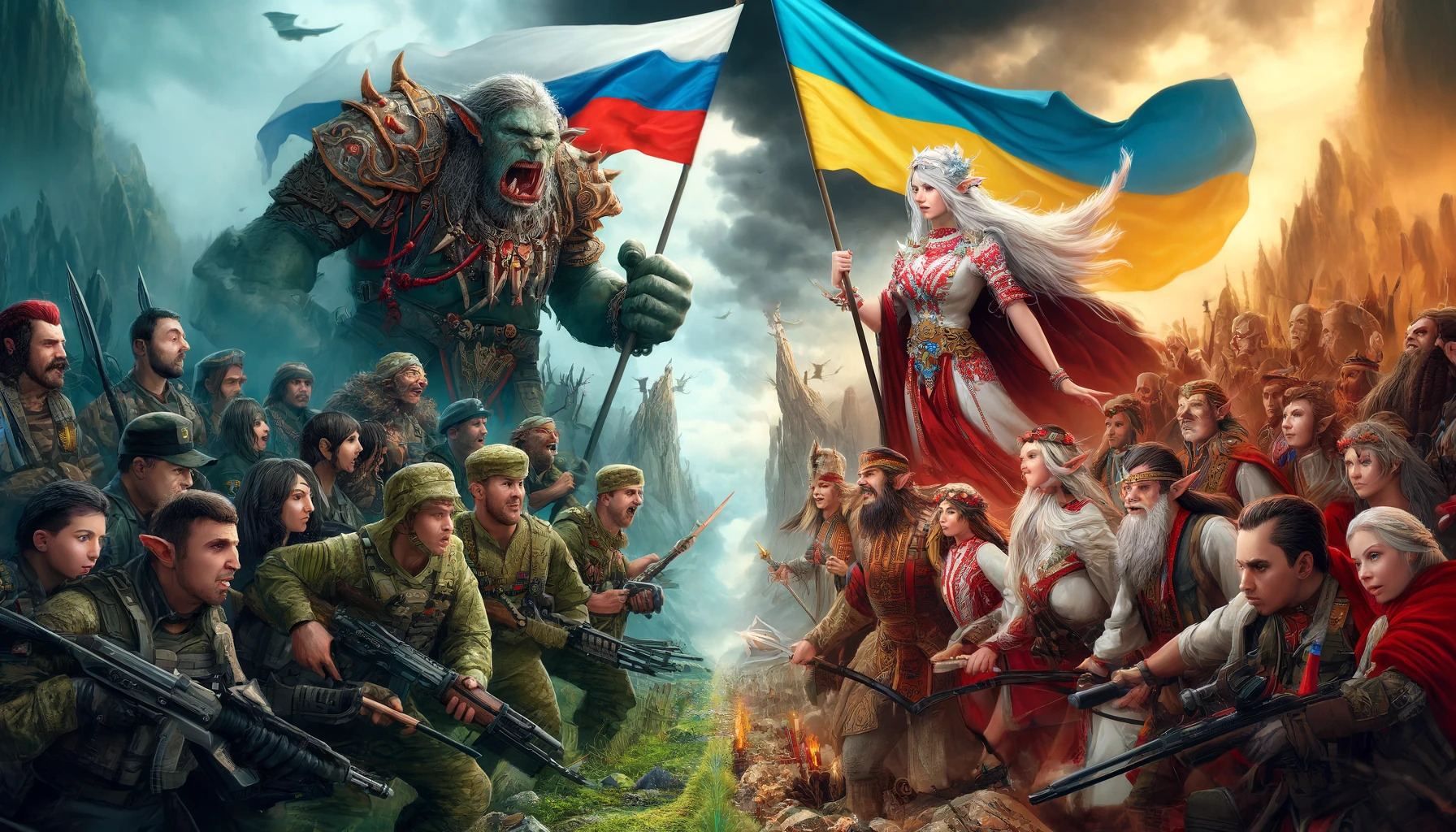
National Council: Fighting Hate Speech or Self-Censorship?
On May 14, the National Council of Ukraine on Television and Radio Broadcasting published recommendations for news coverage under martial law. The document, which became public a week later, contained advice to avoid using offensive language about Russian military personnel and representatives of the occupation administration. In particular, it was noted that calling them “orcs” and “chmony” could lead to an escalation of hostilities and hatred towards all Russian citizens.
These recommendations provoked a strong reaction in the media and social networks. TV producer Volodymyr Moskalets noted that it looks like an attempt not to call a spade a spade, while EU MP Iryna Gerashchenko said that the National Council overdid its empathy when criticizing colloquialisms about the occupiers.
On May 23, the recommendations suddenly disappeared from the National Council’s website. First Deputy Chairman of the National Council Valentyn Koval explained that the document contained proposals from market partners and was published for stakeholders. He noted that the text was misinterpreted.
Critics see the actions of the National Council as an attempt to introduce politically motivated censorship and tolerance of the aggressor. The National Council is accused of actually blaming the aggression on the Ukrainian media, which uses disparaging language about the Russian occupiers.
The discussion about the ethics of language in times of war continues. And while the use of certain words may not be to everyone’s liking, many Ukrainians believe that calling the aggressor by his name is a way to fight him, not a reason to escalate the conflict.
About the author: Andriy Kokotiukha, writer, screenwriter. The full text is available on the ESPRESSO website.

